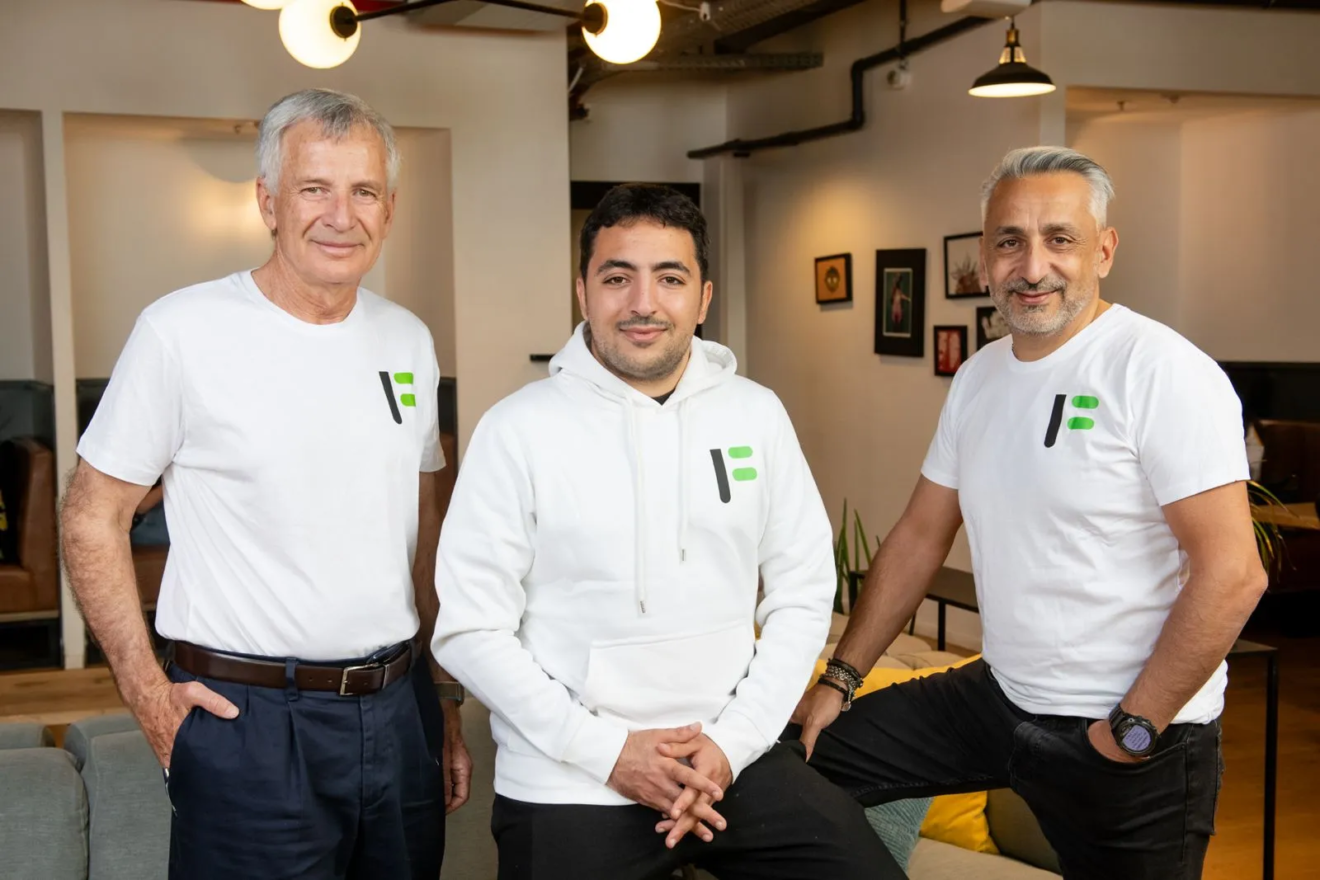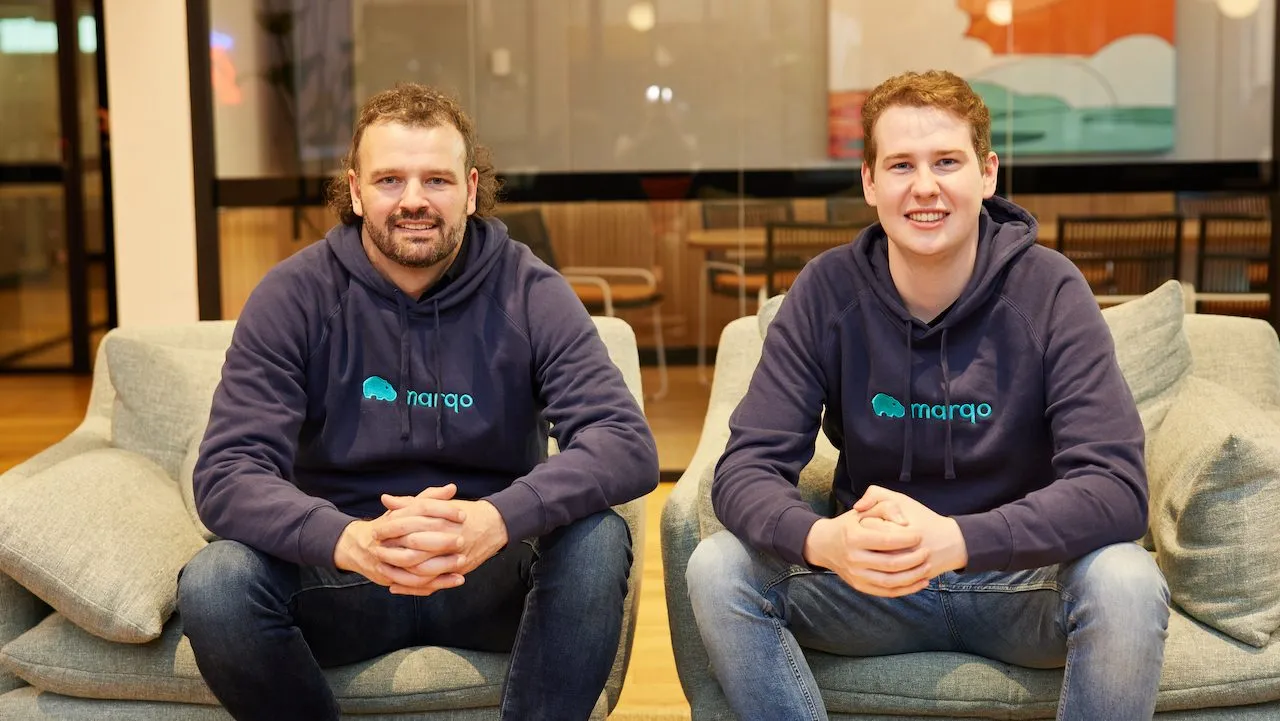Creating Synthetic Data
By Creator Fund | August 1, 2022
Fairgen is led by Samuel Cohen, a PhD in UCL’s AI department who previously worked for Facebook AI, and synthetic data engineer Nathan Cavaglione.
Across sectors we increasingly delegate mission critical decisions to algorithms. Banks use AI to decide who should qualify for a loan. Recruiters rely on AI to screen CVs. And algorithms screen faces on security cameras to identify threats.
Data might show that an ethnicity has historically been rejected for credit cards. This could be because the humans making those past decisions were prejudiced. It could also be because there is insufficient data points and so an algorithm has to over index on a few incidents. In either case, the bias in the data will then propagate into unfairness in the AI decision made by a bank.
Samuel and Nathan created Fairgen to address this issue. Through Samuel and Nathan’s extensive synthetic data experience, the team have developed generative models that create fresh data to train AI with bias constraints removed.

Why We Invested
Technical expertise meets commercial experience
We love when technical experts like Samuel and Nathan are complemented by experienced commercial founders who know how to scale deep technology innovation. Benny Schnaider is a Co-Founder and Chairman of the company, and has built and exited 4 previous Israeli technology companies with a combined value of $1 billion. The fourth co-founder Michael is also an experienced commercial leader. The team’s expertise can be seen in the early commercial relationships made in the finance industry.
This is of course complemented by two technical founders who have pioneered in the space through their PhDs, master’s, and work in industry.
AI models make their decisions based on historic data. But what happens when that data is prejudiced? Data captures all the inherent bias of the people and society that create it.
Samuel Cohen
A critical enabling technology for the widespread adoption of AI
There is a headlong race towards AI adoption in many sectors, sometimes with insufficient thought about new challenges it creates. As we move from human to machine decision makers, we need to address the issues of nuance, bias, and fairness that algorithms can’t capture. Recently this has been shown by an investigation by the US Financial regulator into Apple’s credit card (alleged unfair credit limit disparity for male vs female applicants) and public criticism around Amazon’s Rekognition software (alleged drops in accuracy for non-white ethnicities). Fairgen can help companies address this.
Synthetic data companies have so far been focused on privacy. Anonymisation is an easier technical issue to solve and the privacy market has been ahead of the curve, maturing faster than fairness from a regulatory standpoint. We believe there is an opportunity for an early leader in the synthetic data space when it comes to fairness.
Regulatory and Public Opinion Tailwinds
The European Union’s AI Act (currently in draft stage) is an example of the increasing focus from government to ensure that AI is used fairly. This
Act would put similar burdens on companies to be responsible in their use of AI as GDPR did on data. Fairness is a leading focus of AI regulation and consumer attention, because it is the most emotionally tangible. Most companies do not have the in house capabilities to meet the standards likely to be set by future regulation.

Ease of adoption
The Fairgen solution sits on premise. It allows a bank, insurer, or recruitment agency to generate their own synthetic data based on their original data and the biases they are seeking to eliminate. This can speed time-to-market, and also avoids sensitivity issues of data being transferred to and from Fairgen.
How the deal got done
Founder Samuel Cohen studied with our Creator Fund Director of Operations (and former Imperial University lead) Alexandra Ntemourtisdiou. This year at Imperial is a little like the Manchester United Class of 92, and we have seen 5 founders from this cohort go on to build great businesses. Alexandra thought that Samuel was the Beckham of the group and kept her eye on him, recognising him early as an exceptional technical talent capable of building something big. They reconnected when Alexandra posted she was joining Creator Fund full time. Our team includes a number of PhD students with experience of fairness in AI, which allowed us to recognise early the high potential in the technology Samuel and Nathan have developed.


